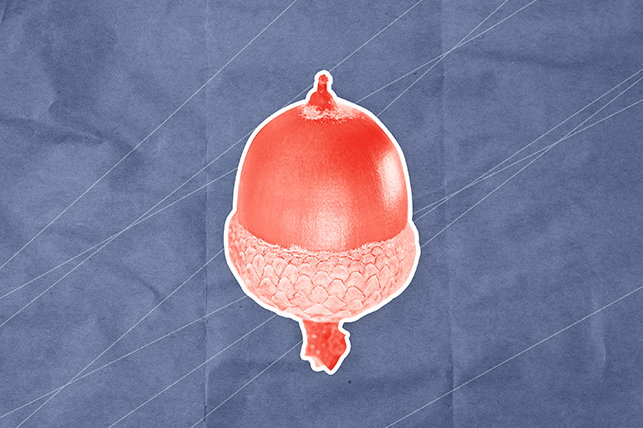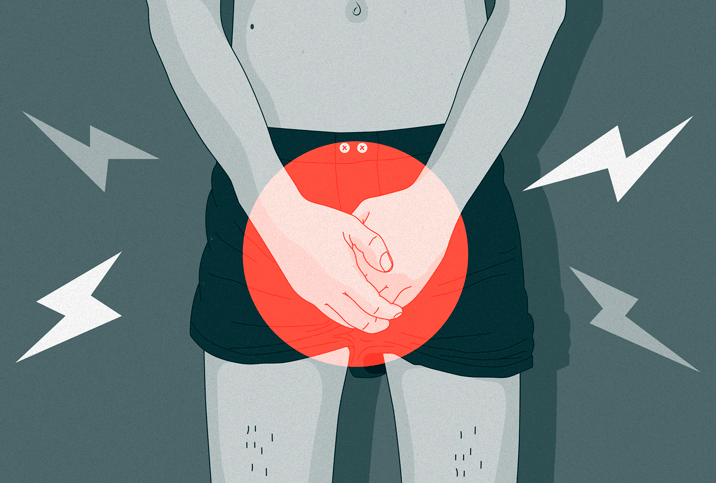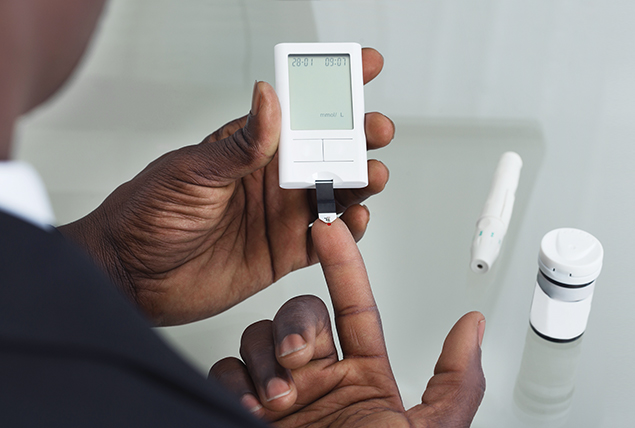An Overview of Balanitis and How to Prevent This Penile Irritation

Sometimes the male genitalia can throw a curveball or two—and we're not just talking about unexpected erections and testicular torsion.
Given our propensity to wear clothes most of the time, including underwear, the genital region can be a dark, damp, enclosed area, so cleanliness is a challenge. One issue that comes up with regard to regular penis maintenance is a relatively common condition called balanitis. This term refers to redness, irritation and infection of the penis head that affects between 3 percent and 11 percent of people with penises at some point in their life, according to StatPearls, a healthcare education resource.
What is balanitis? What should you look for and how can you prevent it? Find out some of the risk factors and causes, and see who might be most susceptible to the condition.
What is balanitis?
Balanitis may sound like a scary word that could send you running down a medical internet rabbit hole. In truth, it's not a specific, scary type of infection or a particular fungus.
If your penis head is persistently red, irritated, itchy, swollen and painful, or it shows discharge, it could mean you have balanitis, though those symptoms can have a number of causes.
"Basically, balanitis is inflammation of the head of the penis, the glans of the penis," said Neel Parekh, M.D., a men's fertility and sexual health specialist with Cleveland Clinic. "It can be caused by either a bacterial or fungal infection, or it can be due to an allergic reaction to things that come into contact with the head of the penis, or sexually transmitted diseases."
It's important to emphasize that balanitis itself isn't always a cause for alarm. However, it can be triggered by a sexually transmitted infection (STI), which needs to be promptly diagnosed and treated. That's why it's so important to get to a clinic as soon as you notice penile irritation that lasts for more than a couple of days, even if you suspect it's just balanitis.
Risk factors and causes of balanitis
Apart from STIs, balanitis has some pretty straightforward causes and risk factors that make it more likely to occur. Some of the most common of those risk factors include the following:
- Poor hygiene
- Overwashing with harsh soaps
- Not drying the area properly after washing
- Phimosis (tight foreskin)
- Irritation from certain fabrics and tight-fitting underclothes
- Allergic reactions to latex condoms or spermicides
- Sensitivity to chemical irritants
- Certain medical conditions, such as diabetes and obesity
Balanitis is most frequently caused by a fungus—for instance, an overgrowth of yeast—but it can also be caused by bacteria.
It's important to emphasize that an outbreak of balanitis doesn't necessarily mean the person is unhygienic. However, one of the top factors that make it more likely to occur is poor hygiene.
Both circumcised and uncircumcised guys can develop balanitis. Due to the nature of how the foreskin works, however, uncircumcised guys are more susceptible because moisture and dirt can become trapped between the foreskin and the penis head, especially if an uncircumcised guy has some degree of phimosis, in which tight foreskin can't be pulled back over the head of the penis.
Interestingly, the opposite can also cause an outbreak of balanitis: overwashing the area. Too much cleaning, especially if you use harsh, scented or antibiotic soap, can cause irritation that develops into balanitis.
"Sometimes it may be patients who use harsh soaps," Parekh said. "A lot of those soaps can strip the good bacteria from their bodies and allow the fungus to flourish."
Another risk factor for balanitis is diabetes, perhaps a surprising risk factor for a skin condition. The excess sugar in a person's bloodstream creates a buffet for bacteria as it is excreted. It follows then that excess sugar would accumulate in sweatier, less frequently cleaned areas such as the genitals.
"Typically, we see this in men who are diabetic and those who are in poor health overall," Parekh said. "They may have poor nutrition and sweat excessively, and they're overweight, making it difficult to keep that area dry."
How to prevent balanitis
Apart from basic hygiene, you can take some other commonsense steps to make yourself less susceptible to balanitis.
First, make an effort to keep the area clean but avoid harsh soaps. Also, prevent moisture from building up and staying around. After working out or swimming, take a shower and change into clean, dry clothes that can allow the area to breathe.
"Prevention includes wearing loose-fitting, breathable underwear and clothes. That helps," Parekh said. "Avoiding scented and antibacterial soaps on the genital area, keeping that area clean, but just using regular soap and warm water, and keeping that area dry afterward [also helps]. You want to use protection to avoid sexually transmitted diseases, and if you're in the pool or hot tub, make sure you get out of those wet clothes as soon as possible."
Prevention extends to more significant lifestyle choices that are an indication of overall health. The interconnectedness of all of our bodily systems means even letting your weight get out of hand or eating too many unhealthy foods can cause something as seemingly unrelated as balanitis.
"A healthy diet is really important, too, and keeping your blood sugar under control," Parekh said. "When sugars get too high, sugar is like food for the bacteria. That allows the infection to continue."
Conclusions
Balanitis is one common condition that's relatively easy to prevent. Teaching boys how to properly clean and take care of their genitals can prevent a lot of irritation—and worse outcomes—in the future.
If you're having any signs or symptoms that something might be wrong with your penis, it's better to see a doctor to be safe. Many physicians now offer video visits, which are an excellent way to see a doctor quickly since a lot of them have same-day appointments. Giddy telehealth is an easy-to-use online portal that provides access to hundreds of healthcare professionals whose expertise covers the full scope of medical care, including penis and testicle health.


















